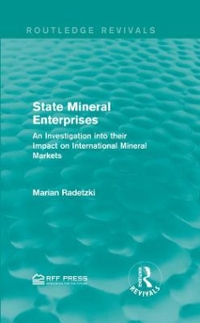Question
The climate policy toolkit has, to-date, mostly focused on demand side policies (i.e. policies that affect the pollution demand curve), some of which are 'command-andcontrol'
The climate policy toolkit has, to-date, mostly focused on demand side policies (i.e. policies that affect the pollution demand curve), some of which are 'command-andcontrol' and others are market based (e.g. cap-and-trade schemes, carbon taxes).
(a) Explain what is meant by command-and-control in terms of a demand side climate change policy. What are the pros and cons of this as a policy option?
(b) Using a diagram, explain how a carbon tax could help reduce pollution.
(c) Using a diagram or diagrams, explain how a cap-and-trade scheme could result in pollution reduction.
(d) What is the Emissions Reduction Fund and what are its pros and cons?
(e) Of the four policy options above ((a) to (d)) which one do you favour as a demandside policy and why?
(f) Suppose the government decided to issue tradeable permits for a certain orm of pollution, does it matter for economic efficiency whether the government allocates the permits to firms or whether it auctions them off? Why or why not?
Step by Step Solution
There are 3 Steps involved in it
Step: 1

Get Instant Access to Expert-Tailored Solutions
See step-by-step solutions with expert insights and AI powered tools for academic success
Step: 2

Step: 3

Ace Your Homework with AI
Get the answers you need in no time with our AI-driven, step-by-step assistance
Get Started


